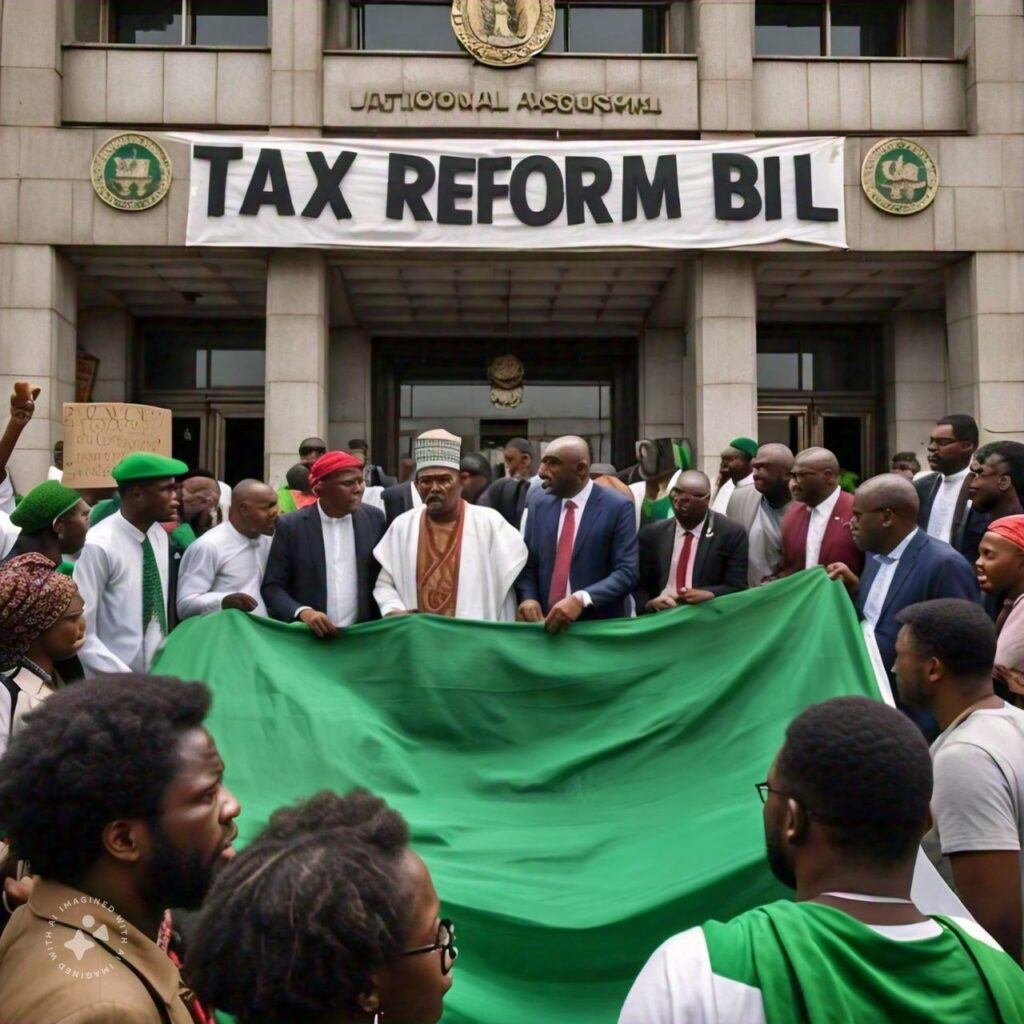Recent economic developments in Nigeria have painted a picture of both progress and ongoing challenges. Nigeria’s foreign exchange reserves have surged to $40 billion, reaching the highest level in 33 months. This improvement, as announced by Central Bank Governor Olayemi Cardoso, represents a significant boost in economic stability and it provides improved cushion against external shocks and instilling greater confidence in the economy. The Central Bank of Nigeria has also taken a progressive step by granting commercial banks the freedom to trade with foreign exchange deposited. This policy aims to improve liquidity in the foreign exchange market and simplify trading conditions across the banking sector, potentially easing the pressure on businesses while facilitating smoother transactions for importers and exporters.
In a drive to stimulate the grassroots economy, the Federal Government has introduced a ₦75 billion grant and loan scheme targeted at over 75,000 Micro, Small, and Medium Enterprises (MSMEs) across the country. This initiative is a strategic effort to boost entrepreneurship, create jobs, and foster economic growth by supporting small businesses that form the backbone of Nigeria’s economy. However, there are considerable level of debates around the proposed Tax Reform Bills introduced by President Tinubu. The reform bills have split opinions in the National Assembly, with some lawmakers and stakeholders supporting the proposed changes, believing they will foster economic development, while others remain sceptical about their overall impact. The tax reforms are intended to streamline revenue generation and address fiscal imbalances, but their divisive nature highlights the need for broader consensus and careful implementation.
On a positive note, Nigeria’s debt service-to-revenue ratio has seen a marked improvement, dropping from 97% to 65% within the last 17 months. President Bola Tinubu’s administration has highlighted this achievement as a step forward in fiscal management and sustainability. Lowering the debt service burden means more resources will potentially be directed toward infrastructure and social services which will the broader economy’s resilience and growth potential.
Despite these strides, Nigeria’s persistent power crisis remains a significant impediment to economic growth. Former presidential candidate Peter Obi has recently criticized the Federal Government over the ongoing collapse of the national grid where he called for urgent action to resolve this crisis. Power instability has long been a bottleneck for economic development, affecting industries and businesses that rely heavily on stable electricity for their operations.
These diverse developments reveal the complex dynamics of Nigeria’s economic landscape. The surge in foreign reserves, increased financial freedom for banks are all promising signs of a growing economy. Improvements in debt servicing also show progress. However, critical challenges like persistent power outages and mixed reactions to tax reforms reveal areas that require sustained attention and collaborative action.

